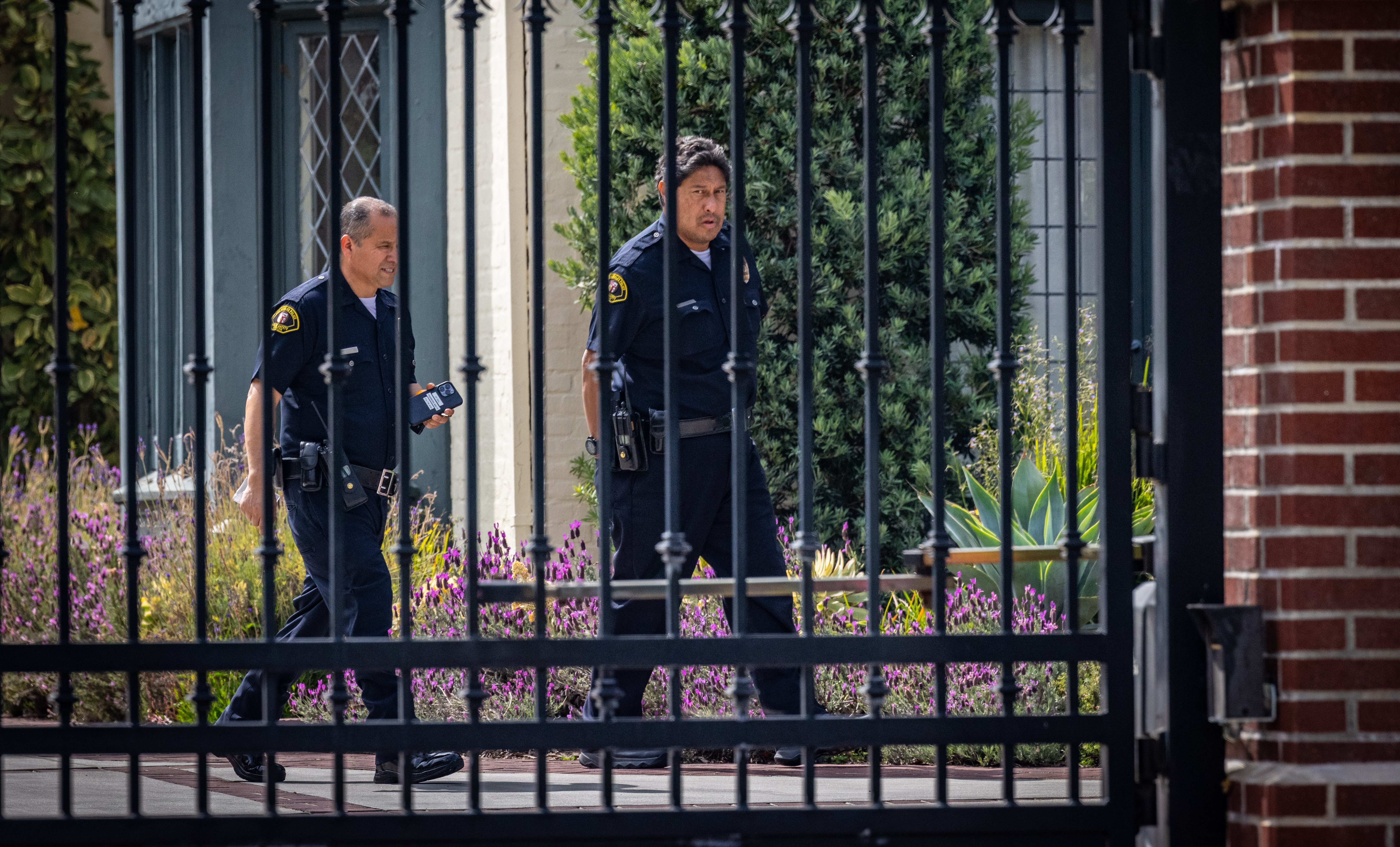Five people were arrested Monday in a money laundering scheme that allegedly funneled millions of dollars in Colombian and Mexican drug money through a Southern California toy company, federal officials said.
Immigration and Customs Enforcement said the two owners of City of Industry-based Woody Toys, Jia Hui Zhou and Dan Xin Li, and three company employees were arrested on charges of evading federal reporting requirements for financial transactions.
Two toy dealers from Mexico were arrested earlier on similar charges.
Jose Miguel Yong-Hinojosa was taken into custody Saturday night at Los Angeles International Airport, and Luis Ernesto Flores Rivera was arrested earlier this month in Texas, the agency said in a statement.
Zhou and the two toy dealers are also charged with conspiring to launder money in a scheme that officials said channeled at least $6 million to the California toy company between 2005 and 2011.
Bond was denied for Yong-Hinojosa and set at $150,000 for the two company owners. Bond amounts ranged from $20,000 to $100,000 for the other three men.
The judge set a trial date of June 12 for all six.
Local
Get Los Angeles's latest local news on crime, entertainment, weather, schools, COVID, cost of living and more. Here's your go-to source for today's LA news.
Flores Rivera remains in Texas awaiting transfer to California.
The case is the second involving a Los Angeles-area toy company accused of laundering drug profits and comes as countries such as Mexico tighten banking regulations, said Claude Arnold, special agent in charge for ICE homeland security investigations in Los Angeles.
"They can't walk up with duffel bags of money and continue with their business,'' Arnold said. "They have to find creative ways to convert that money into pesos and launder it so it doesn't look like illegal proceeds.''
A message was left for Zhou's attorney, David Elden. Flores Rivera had no attorney listed as of Monday afternoon, ICE officials said.
The Mexican toy dealers bought U.S. dollars made off drug sales from currency brokers in a "black market peso exchange,'' officials said. That exchange enabled drug traffickers to get rid of drug dollars and gave the toy dealers a more favorable exchange rate so they could then purchase toys in the United States, authorities said.
The dealers would then send the money to Woody Toys via courier or bank deposits. Authorities said Woody Toys failed to file required paperwork when the company received deposits of more than $10,000 and also intentionally structured bank deposits in smaller increments to avoid having to do so.
If convicted of evading federal reporting requirements, the defendants could face up to five years in prison. The money laundering charge can carry a sentence of up to 20 years in prison.
The investigation started in November 2010 following a money laundering probe at Los Angeles-area toy wholesaler Angel Toy. That company's two top executives were sentenced earlier this year to more than three years in prison after pleading guilty to conspiracy to structure currency transactions.
The probe into Woody Toys, which features teddy bears and blond-haired dolls on its website, was carried out by ICE officials, Internal Revenue Service investigators and a Southern California task force headed by the Drug Enforcement Administration.
No one at the company's offices in Industry would comment for this story.



